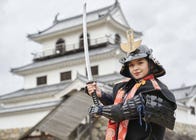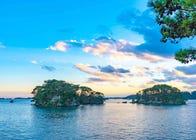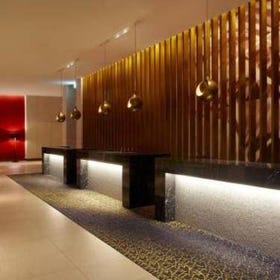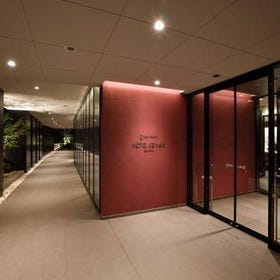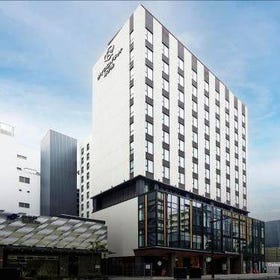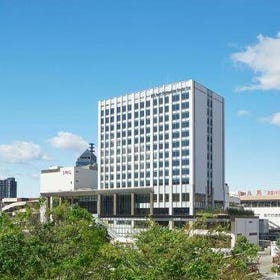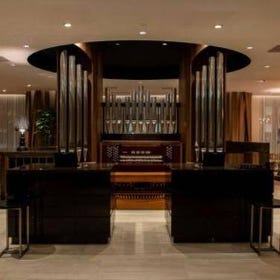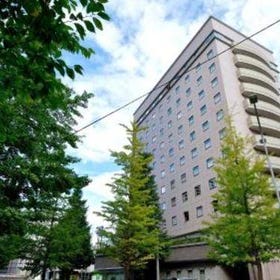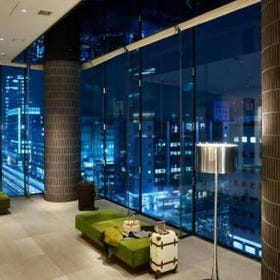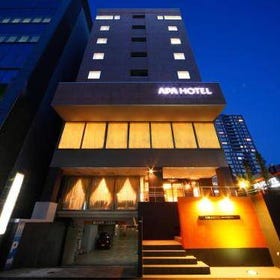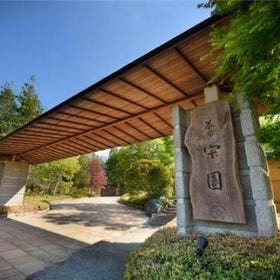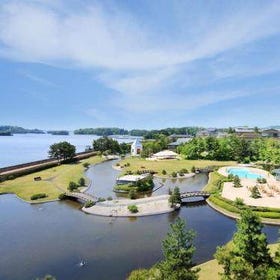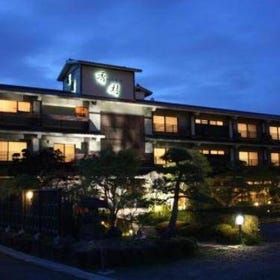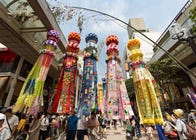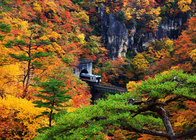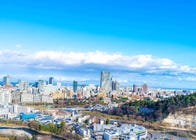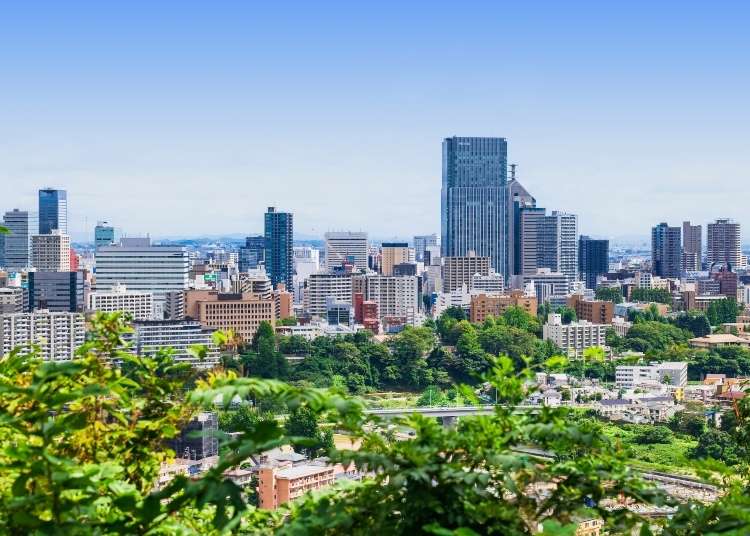
Where You Should Stay in Sendai: Best Areas & Hotels For Visitors
- Written by: Lucio Maurizi
Sendai is one of Japan’s largest cities and is considered the gateway to the northeastern region of Tohoku. Around 90 minutes via the Shinkansen bullet train from Tokyo, Sendai is home to a variety of attractions, festivals, and hot springs. Sendai is also next door to Matsushima, one of Japan’s Three Most Scenic Places.
As the cultural heart of Tohoku, Sendai is a popular place to stay for travelers. Here we’ll share some of the best places to stay in and nearby the city.
Main image: PIXTA
1. Getting to Sendai from Tokyo
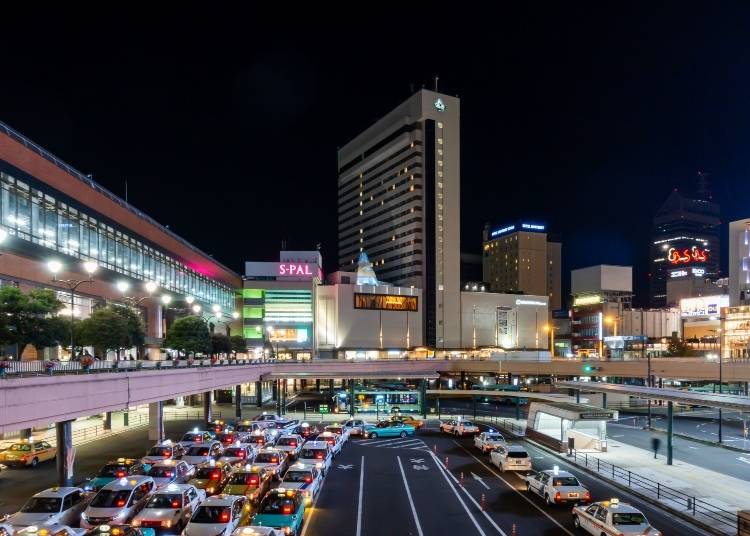
・Bullet Train: Taking the Tohoku Shinkansen is the easiest way of getting from Tokyo to Sendai. The trip is a straight shot taking around 90 minutes (11,210 yen o/w; can be covered by the Japan Rail Pass, JR East Tohoku Area Pass, and JR East South Hokkaido Pass).
・Bus: The trip from Tokyo to Sendai by bus will take 5 to 6 hours. There are both day and night buses, and the fares change depending on the company, dates, and time of travel. Major boarding locations include Tokyo Station and Shinjuku Station.
2. Getting Around Sendai
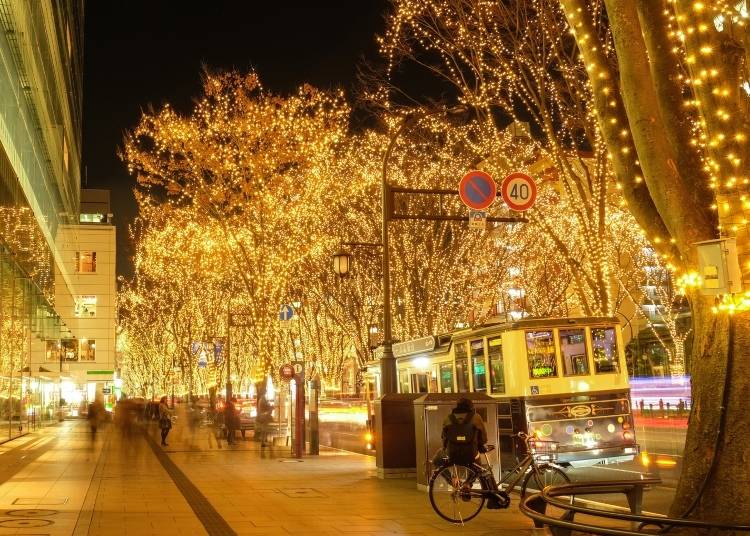
Sendai is a transport hub with a subway and bus system for getting to many of the major sightseeing spots. The Shinkansen and other JR trains allow convenient access to sights nearby.
For sightseeing within the city, the Loople Sendai is recommended. This loop-line bus connects most of the city’s points of interest. Buses depart from Sendai Station every 20 to 30 minutes from 9:00 a.m. to 4:00 p.m. (a One-day Pass for Loople Sendai is 630 yen; a One-day Pass for Loople Sendai and Subway is 920 yen).
3. What is Sendai like, and what is there to see?
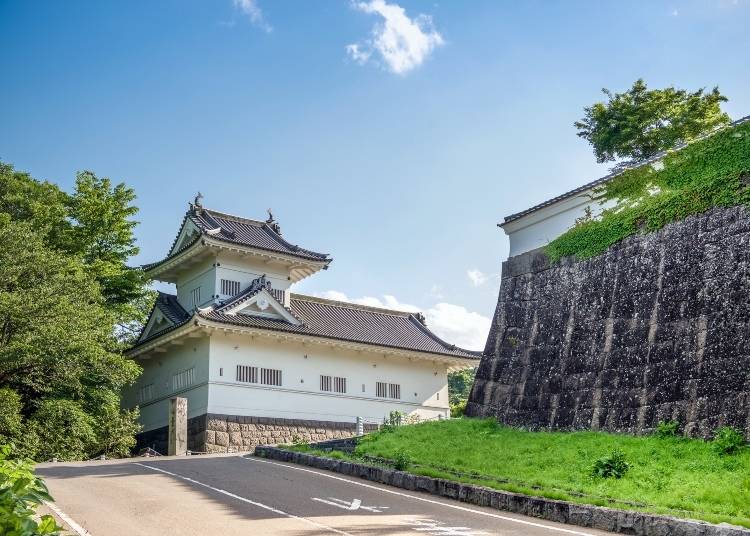
Sendai is a city with a fantastic balance of modernity and nature. The City of Trees, as it is nicknamed, was founded by the influential and famous lord Date Masamune. Many tourist spots are dedicated to Masamune, but that is not all there is to see in Sendai.
Recommended sightseeing points of interest in Sendai
・Aoba Castle: Built in 1602 by Date Masamune, these castle ruins are a designated national historic site and offer a panoramic view of the city, the Sendai Plain, and the Pacific Ocean.
・Zuihoden Mausoleum: A shrine dedicated to Date Masamune, this mausoleum was built in 1637 and it’s surrounded by amazing seasonal colors.
・Rinnoji Temple: This temple is a true hidden Jewel. While not immediately striking, Rinnoji hides a gorgeous garden and it’s the family temple of the Date Clan. It was moved to its current location in Sendai by Masamune, but it had been built in 1441 by Mochimune Date, one of his predecessors.
・Osaki Hachimangu: A shrine built by the order of Date Masamune in 1607, to immortalize the power and prestige of the lord’s clan.
・Tanabata Festival: This festival takes place between August 6 and 8, and it’s one of the major summer festivals in Japan. It is an amazing show of culture and tradition, colors, and local food.
・Sendai Beef and other local foods: Sendai Beef is one of the finest meats in the world and it is only one of the many local delicacies you will be able to taste in Sendai.
4. What to see just outside of Sendai City
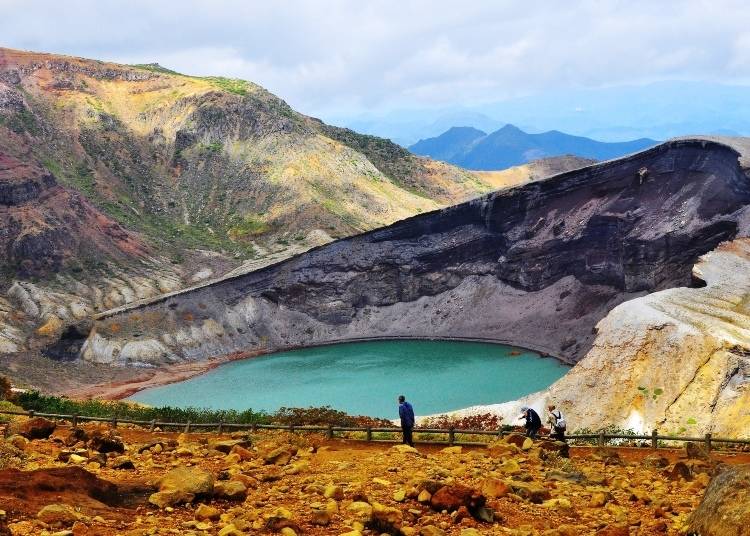
While visiting Sendai, don’t miss these spots in the surrounding areas.
・Akiu Onsen and Akiu Great Falls
・Matsushima Bay
・Naruko Gorge
・Okama Crater
5. Where is the best area to stay in Sendai?
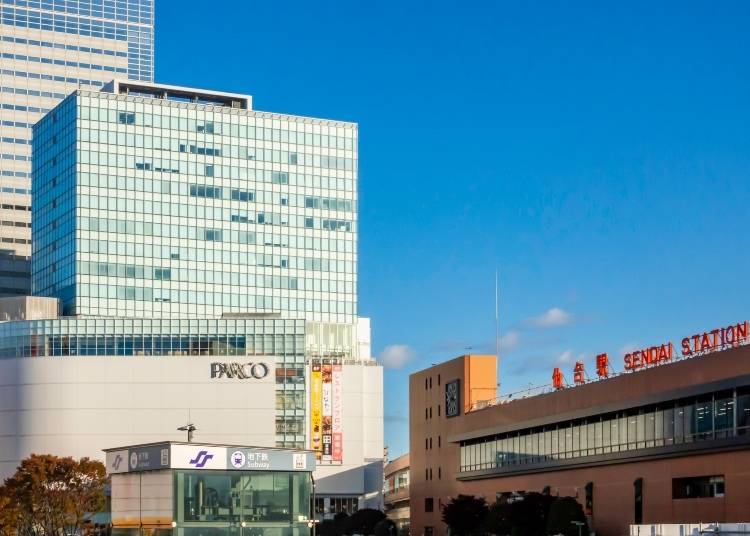
1. Sendai Station Area
Staying near Sendai Station is undoubtedly the most convenient area within the city. It’s well connected to all attractions in the city, as well as other metropolitan areas. You will also easily access exciting nearby towns and Sendai Airport from Sendai Station.
Sendai Station is ideal not only for its location. The whole area is dotted with convenience stores (24/7 food, ATMs, small electronics, internet access, etc.); you will also find a vast array of shopping options between stores, malls, and the famous Don Quijote. And after you’re all done with souvenirs and mementos, you will find parks, museums, and observation terraces.
West side of Sendai Station
This is where you can find the observatory, small relaxing parks, and great shopping.
East side of Sendai Station
Like its western counterpart, Sendai Station East also has numerous choices for shopping (particularly for electronics with Yodobashi Camera here) and large parks, especially recommended during cherry blossom season.
2. Near Kotodai-Koen Station
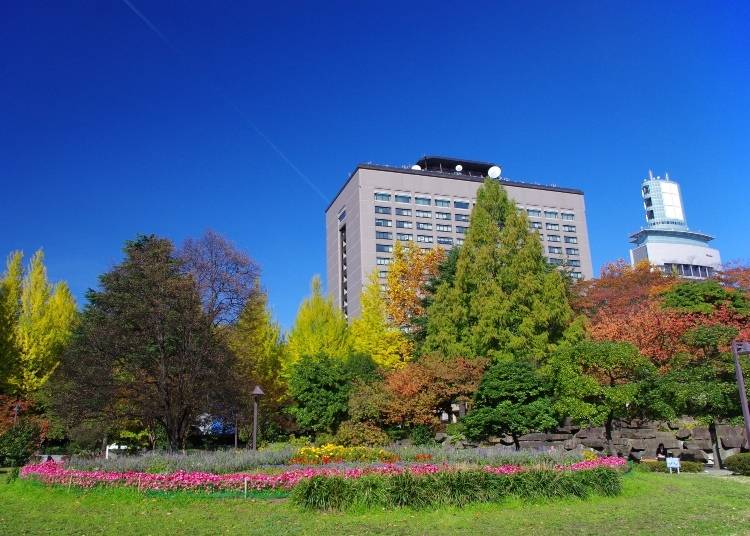
This is the area where the Tanabata Festival is held every year from August 6-8, and it is worth booking a hotel nearby for convenience. Although the Kotodai-Koen Station area is very pretty, especially in autumn when the fall colors peak, it is surrounded by government buildings, shops, and a department store. It is otherwise a relatively quiet area. A variety of restaurants and izakaya pubs are within walking distance.
3. Akiu Onsen
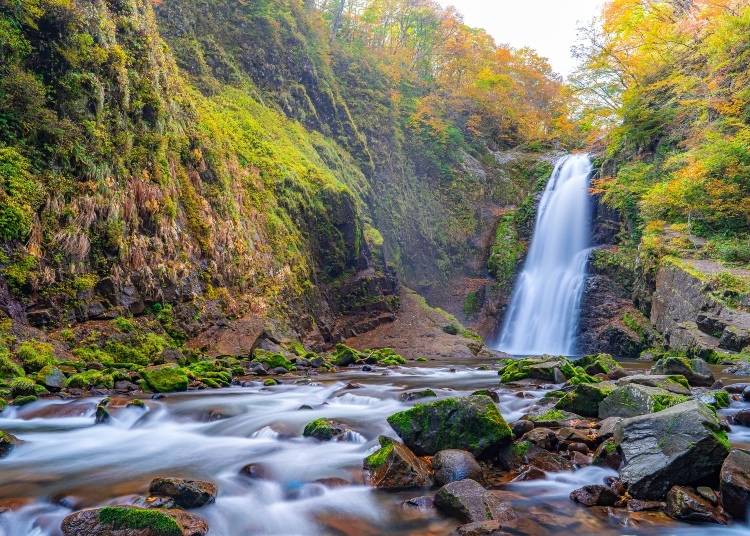
The Akiu Onsen area is a tranquil retreat a mere 30-minute commute from Sendai Station. Beautiful ryokan and relaxing onsen rest in a green landscape. A perfect location for those looking to enjoy some quiet time in Sendai's suburbs, enjoying nature and hot-spring baths.
4. Matsushima
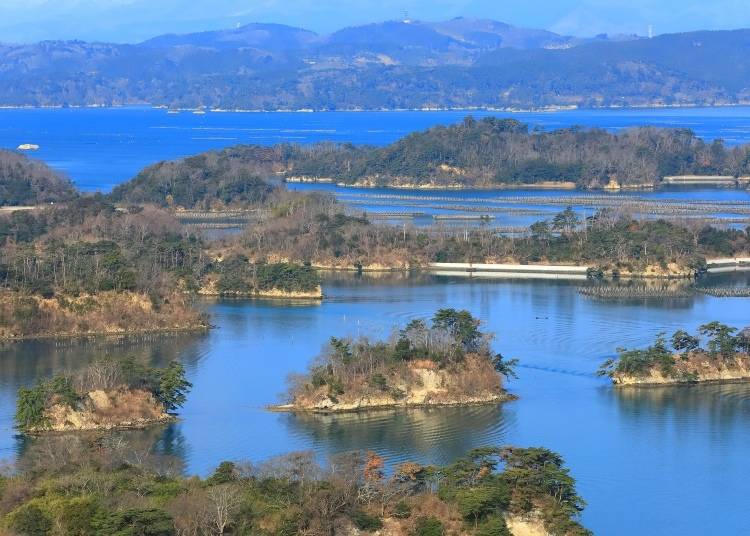
Matsushima is a scenic spot where about 260 small and large islands and rocks create beautiful scenery. The beauty of the scenery has been recognized in songs and travelogues of cultural figures since ancient times. In fact, it's been named one of Japan's three most scenic views.
Around 30 minutes by train from Sendai Station, Matsushima is a popular sightseeing destination, and there are various spots to visit, such as gift shops, restaurants, and historic landmarks located 20 minutes away on foot from the station.
Types of accommodation in Sendai
There are a variety of different kinds of hotels available in Sendai. Here we’ll walk you through the main categories.
a. Hotels
The majority of accommodations in Sendai are hotels such as resort hotels and business hotels, although you'll also find unique premium hotels in the city. If you're ever in the mood to splurge, treat yourself to one of these luxurious hotels and see for yourself what the hype is all about!
b. Business hotels
These kinds of hotels tend to be very economical, so the rooms tend to be quite small and basic. However, they are often found near train stations and the price per night can be quite reasonable. They are quite a good choice when you just literally need a bed and aren't too concerned about creature comforts.
c. Capsule hotels (pod hotels)
Capsule hotels offer a very different and unique kind of stay, one which first started in Japan. At these hotels you can stay in a small capsule! Typically, you are given a small chamber which is about the size of a small bed, while facilities like toilets and showers are shared. They are very cheap, but are not really suitable for people uncomfortable with being in a small space.
d. Guesthouses & Hostels
Guesthouses and hostels, like the world over, offer excellent accommodation at a reasonable price. They are typically safe, clean, and often well-located in Japan. Generally, they are perfect for solo travelers or people in a small group, but some places have accommodation that is also suitable for families.
e. Vacation Rentals
Vacation rentals really took off in Japan after a change in the law in 2018, and now it is possible to stay at a range of different accommodation types. Although they can be more expensive than even budget hotels, there are many options available and often include entire apartments. However, it has to be kept in mind that the people in neighboring apartments are living there so you need to avoid creating disturbances, and in addition, Japan can have some quite strict garbage separation rules which you will need to follow.
f. Love hotels
Love hotels might sound a bit seedy, the original concept being a hotel where couples can have some private time, but over time these kinds of hotels have also become popular with tourists because they can be inexpensive, the rooms can be quite big and also because theme-type love hotels can be quite interesting! Another benefit is that you can normally book a room by the hour, so they are convenient for very short stays.
6. Best time to visit Sendai
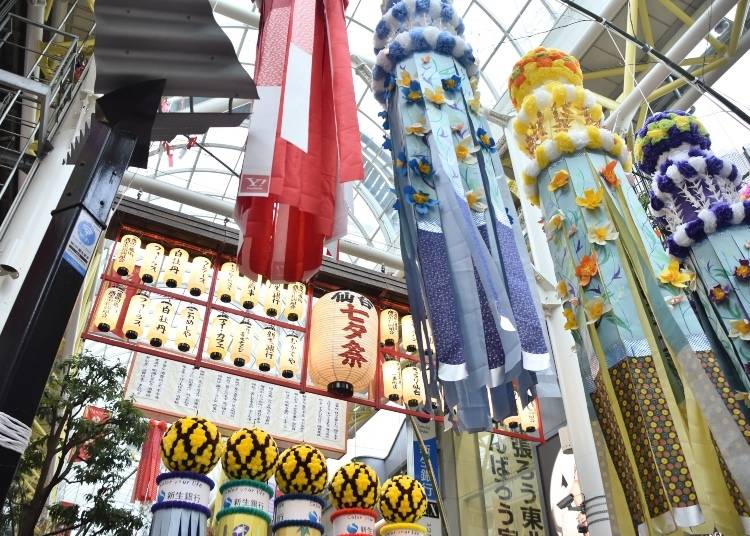
・Summer: The Sendai Tanabata Festival is a beautiful summer tradition held every year between August 6 to 8 in Sendai. One of the Tohoku region’s three major festivals, it’s unique in its display of colors. Characteristic shops and stands dot the streets of Sendai, and it’s the best time to find tasty traditional dishes and street food.
・Spring and Fall: Seasonal colors are amazing. Try Tsutsujigaoka Park, Nishi Park, and the Sendai Castle Ruins for springtime cherry blossoms, or Naruko Gorge, Akiu Falls, or Lake Choro for color-changing leaves in autumn.
Lucio Maurizi is an automotive expert specializing in Japan's car scene and auto-tourism. With an MA in East Asian History from La Sapienza Università di Roma, he's a multi-talented contributor to travel platforms like LIVE JAPAN, Japan Travel, and GPlus Media. His Instagram account (50k+ followers) offers insider views on Japan's automotive culture. Lucio also actively collaborates with professional drivers and influencers and organizes can't-miss car events in Tokyo.
- Area
- Category
*Prices and options mentioned are subject to change.
*Unless stated otherwise, all prices include tax.
Popular Tours & Activitiess
Recommended places for you
-

Ishiguro Samurai House
Historical Places
Surrounding Areas Of Akita
-

Akiu Onsen
Hot Springs (Onsen) & Bath Houses (Sento)
Sendai And Matsushima
-
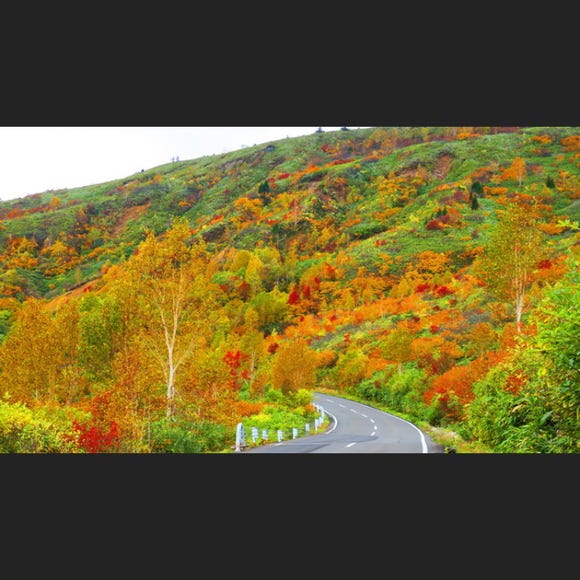
Hachimantai Aspite Line
Landscapes
Morioka, Hiraizumi And Hachimantai
-

Geibikei Gorge
Rivers, Lakes & Canyons
Morioka, Hiraizumi And Hachimantai
-

Sendai Tanabata Festival
Japanese Festivals (Matsuri)
Sendai And Matsushima
-

Matsushima Bay
Landscapes
Sendai And Matsushima
-
Ad

Explore Samurai City Aizu-Wakamatsu: Your Full Guide to History, Nature, and Culture
-

8 Luxury Tohoku Ryokans: Private Onsen, Gourmet Wagyu, and Winter Views
by: Sae Haneda
-

Aomori's Quiet Side in Autumn: 5 Scenic Spots in Hachinohe According to a Local
by: Marco Blasco
-
Ad

Why Fukushima is the Next Big Food Destination in Japan The Foodie Paradise Only 90 Minutes from Tokyo
-

Niigata Sake no Jin 2026: Guide to Japan's Most Legendary Sake Weekend
-
Ad

Explore Snow Country from Echigo-Yuzawa Station: A Year-Round Guide to Ski Resorts, Art, and Regional Travel
-

Tohoku's Best Winter Resort Hotels for Families Who Love Snow
by: Guest Contributor
-

Aomori Nebuta Festival Accommodation: 14 Best Hotels Near the Parade Route (June 2025 Update)
-

Where To Stay in Aomori: Best Areas & Hotels for Visitors to Japan's North
by: Lucio Maurizi
-

20 Best Things to Do in Fukushima Prefecture (Sightseeing Attractions, Local Foods & Activities)
-

3 Famous Ramen Shops in Yamagata - Japan's "Ramen Prefecture"!
-

Best Outlet Malls Near Sendai: Shopping, Souvenirs, and Discounts













